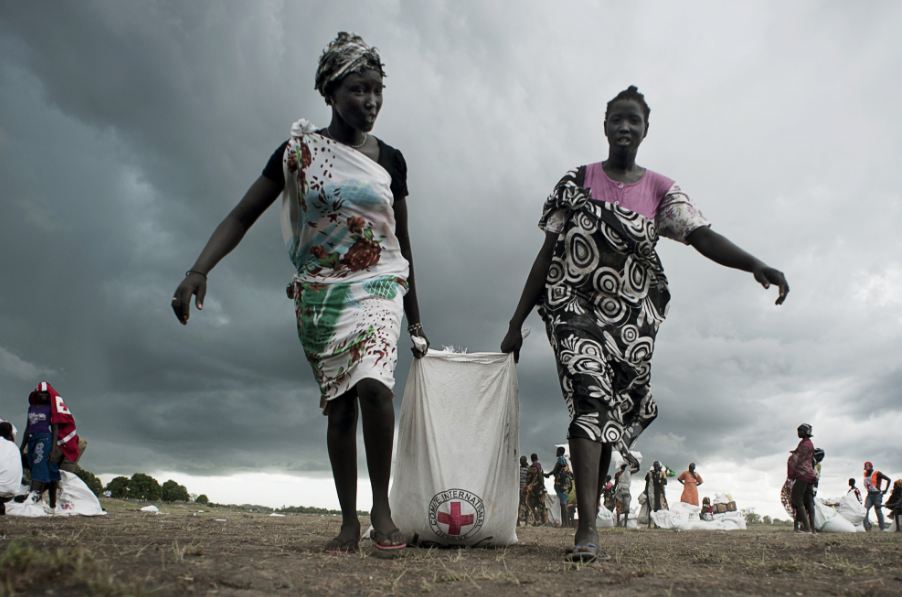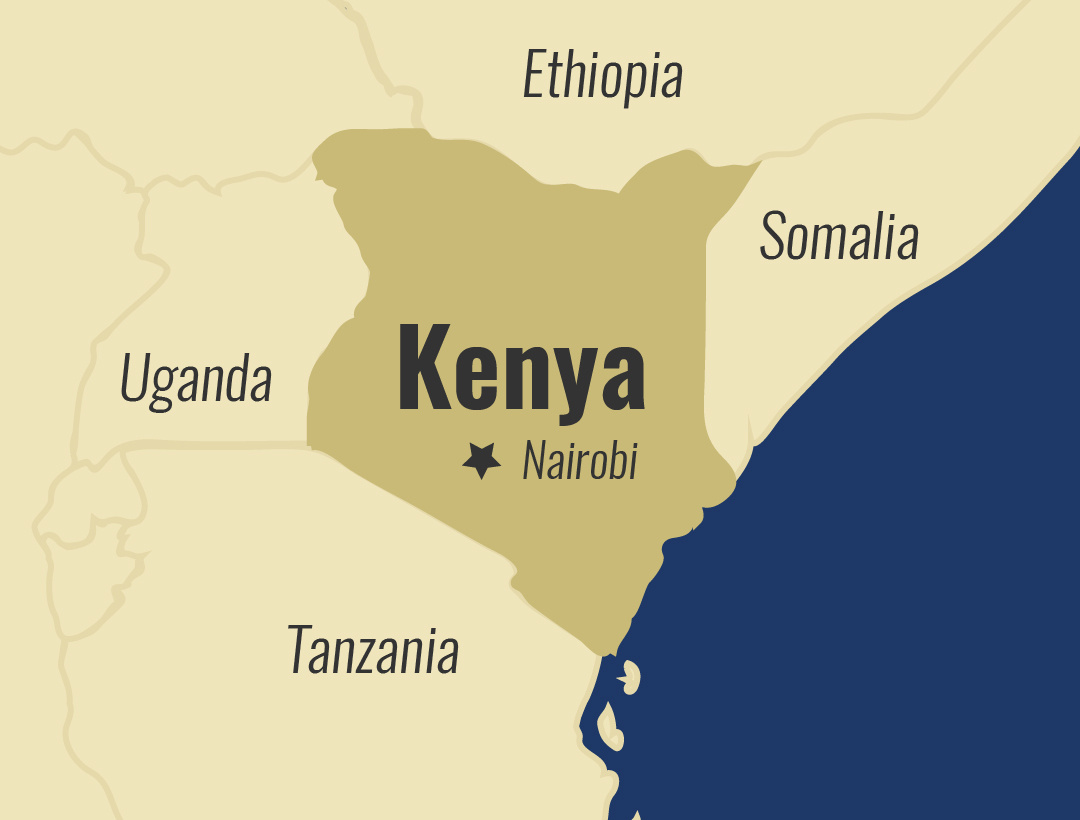
Report: South Sudan no longer in famine

South Sudan is no longer classified as being in famine, a United Nations-backed food security report said on Wednesday.
Even so however, the report noted that 45,000 people in Jonglei and Unity states are expected to remain in famine-like conditions, with the situation in those two states still regarded as critical.
The report also said that about 6 million people – half of South Sudan’s population – are expected to be severely food insecure this month and next month, an increase on the 5.5 million recorded in May.
The Integrated Food Security Phase Classification (IPC) report was based on a survey by a working group including government and U.N. officials.
The report said there was no longer famine in counties in the north of the country where it was declared in February. However, there were concerns about another region in the country’s east, bordering Ethiopia, that was once called Jonglei state.
South Sudan created new states this year and last year, splitting existing ones.
“The conflict-related displacement of over 200,000 people from northern, central, and eastern former Jonglei has severely disrupted livelihoods and access to social services, thus severely undermining food security in the state,” the report said.
The U.N. earlier this year attributed the South Sudan famine to poor rainfall and the civil war that destroyed crops.
The world’s youngest nation has been at war since December 2013 when President Salva Kiir accused his then deputy Riek Machar of plotting a coup against his government. Machar denied the allegations but went on to mobilize a rebel force to fight the government.
The country is regarded by the UN as Africa’s biggest refugee crisis, and third in the world after Syria and Afghanistan.




